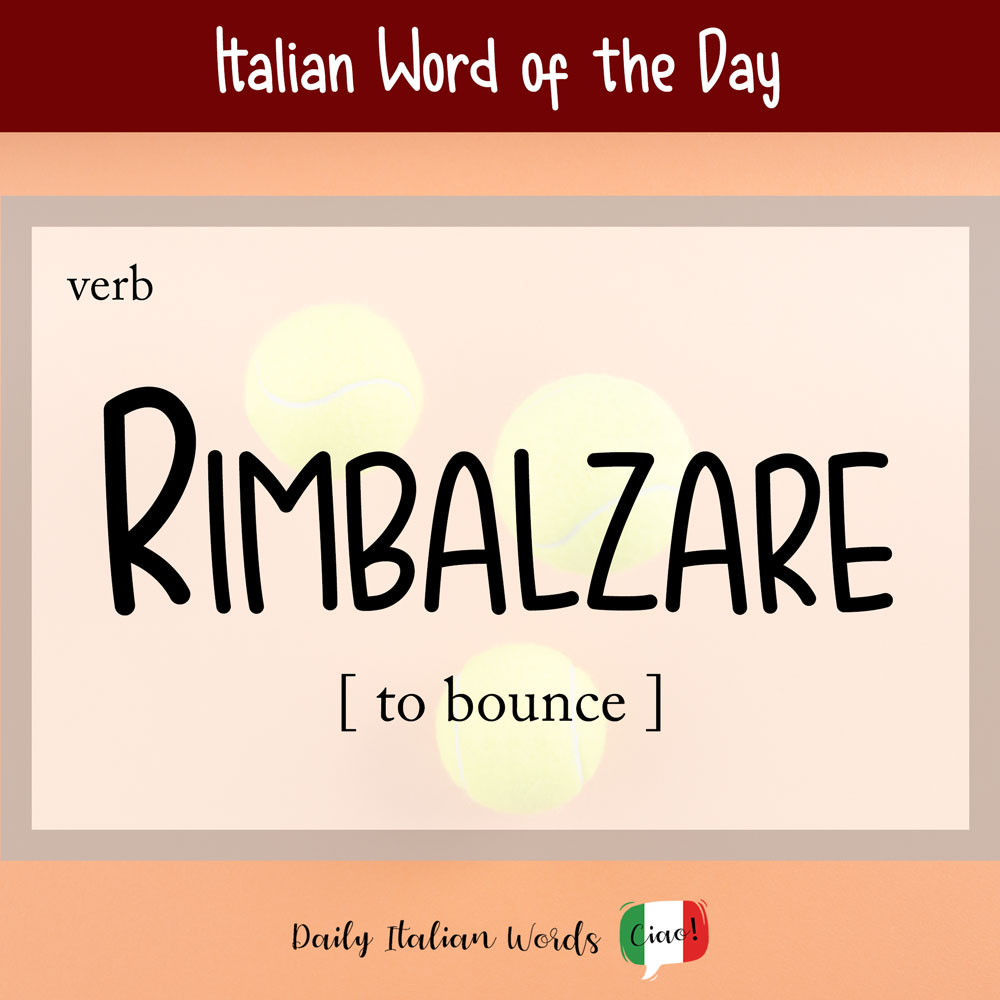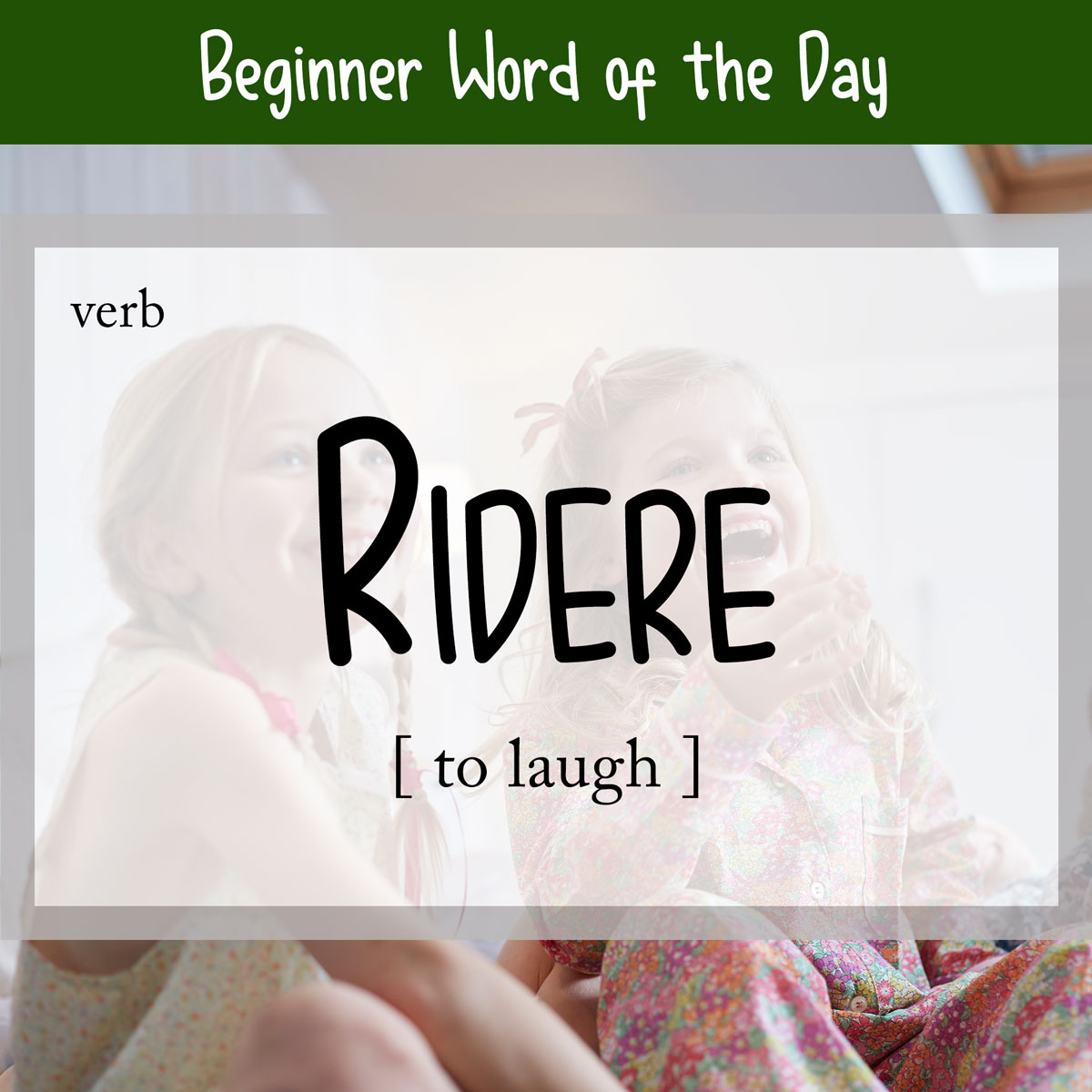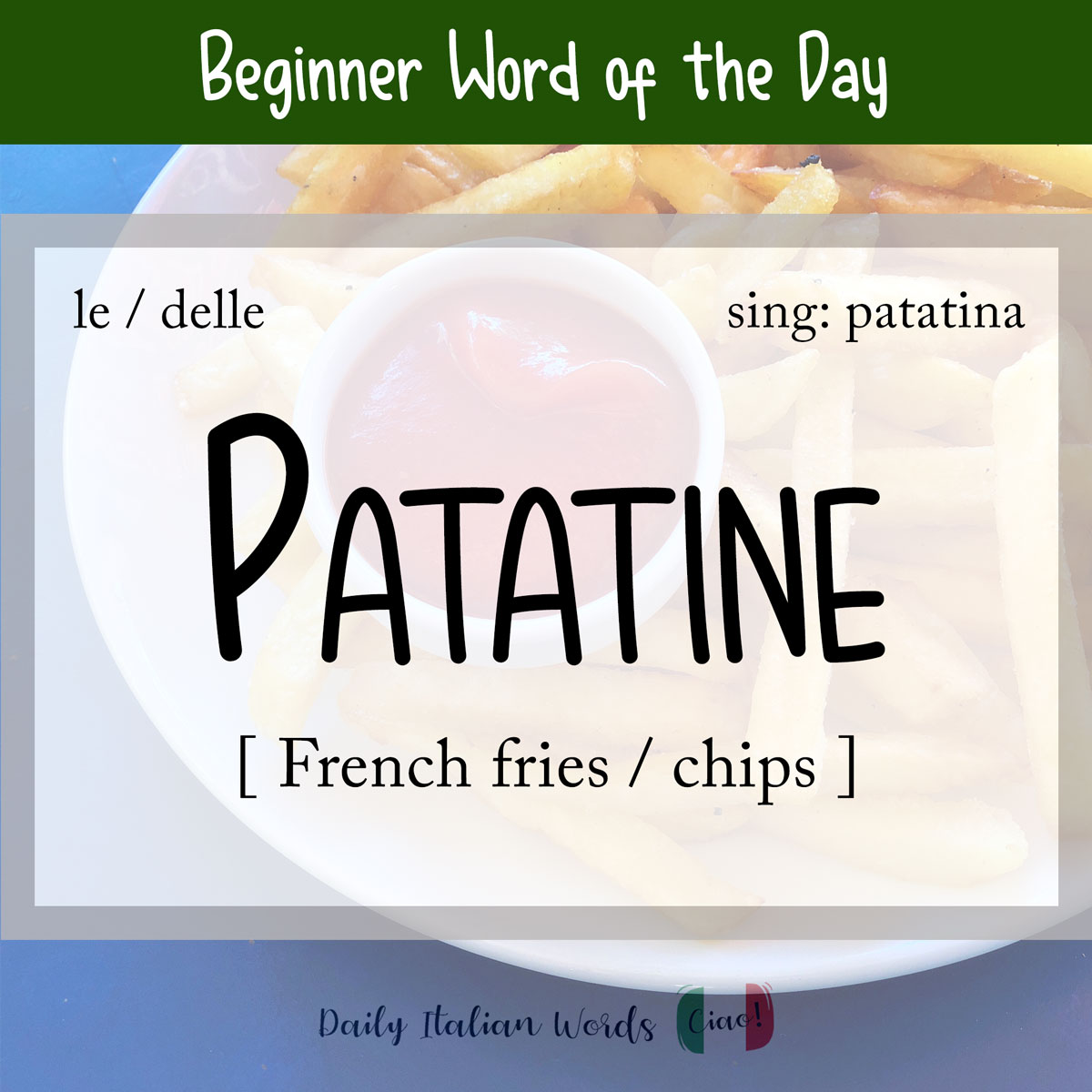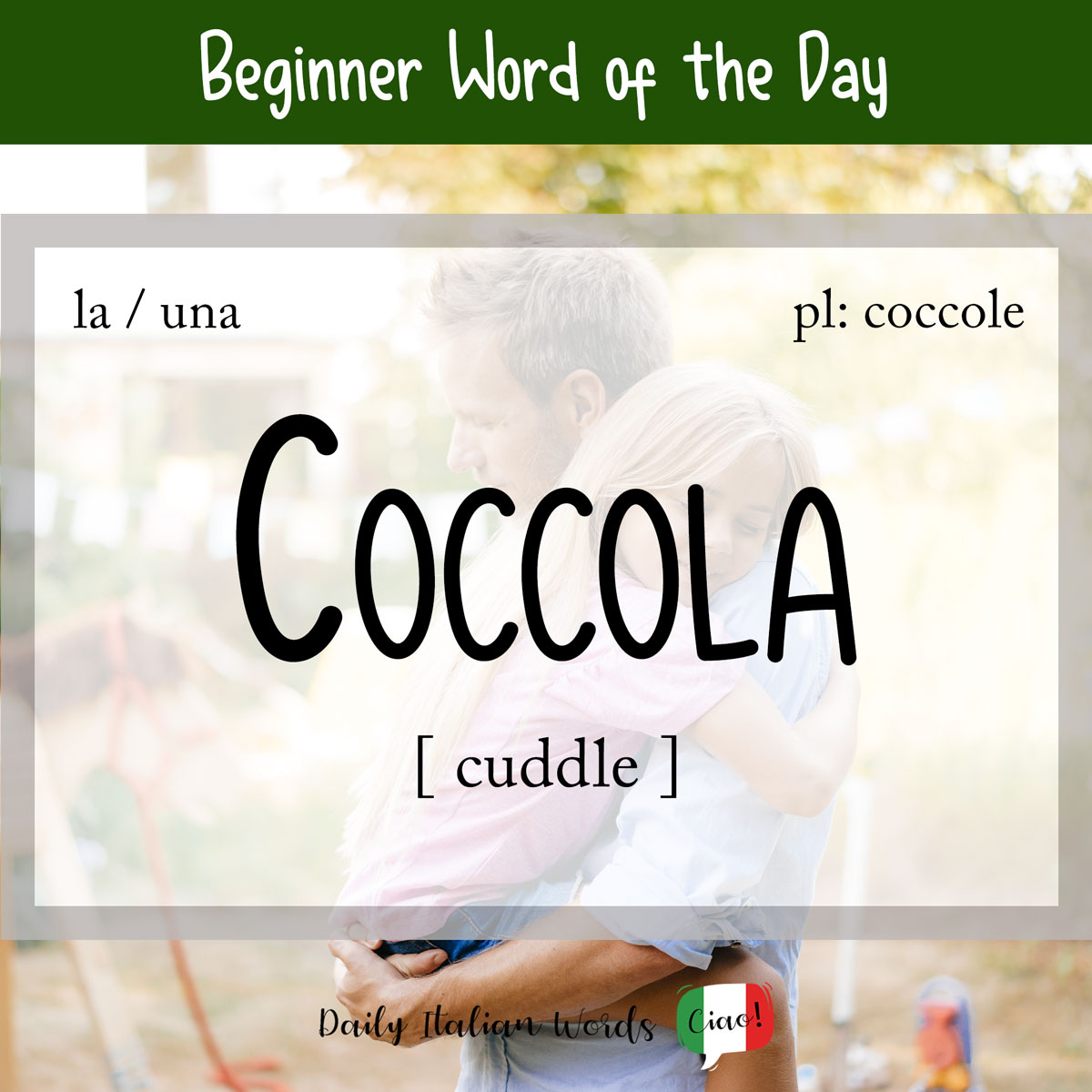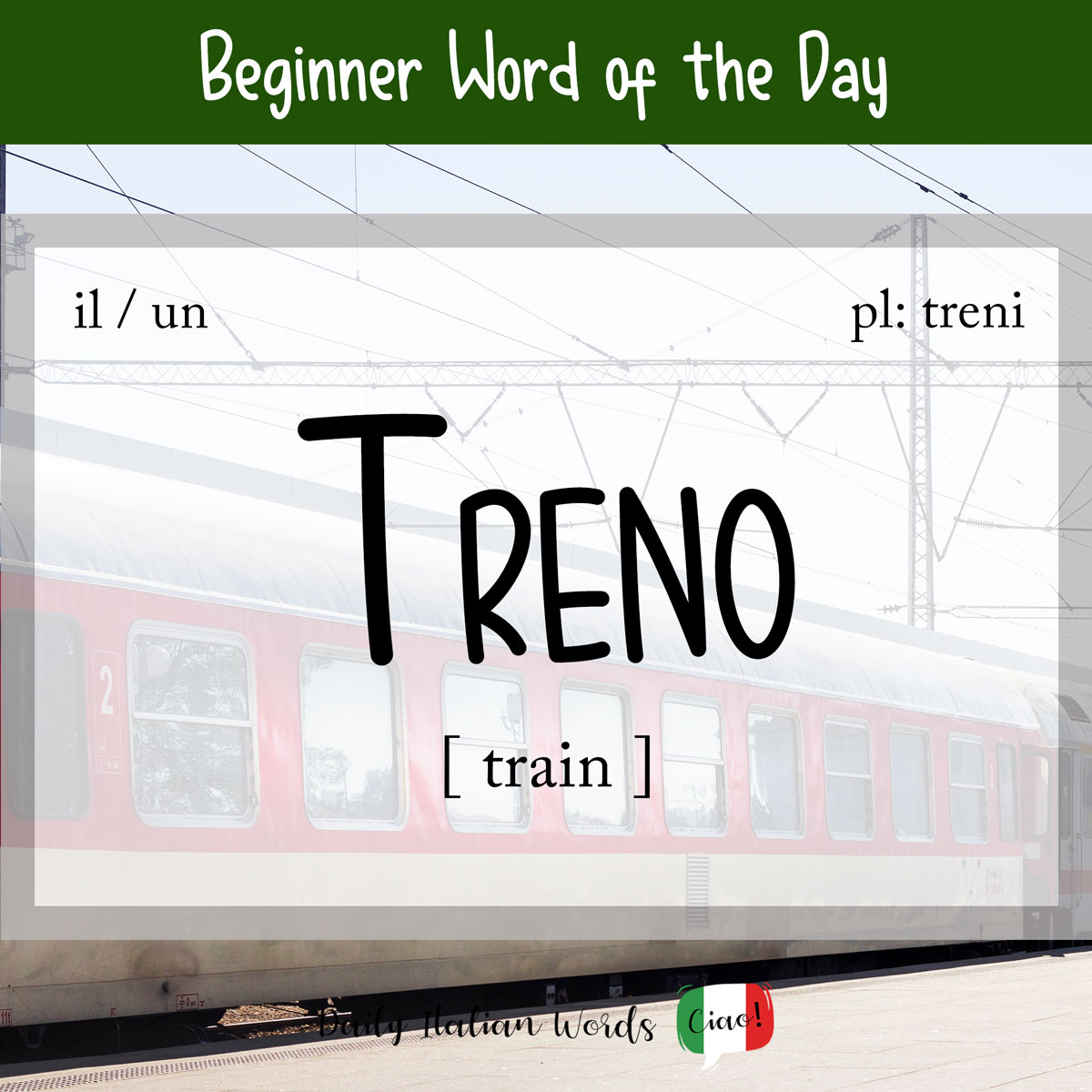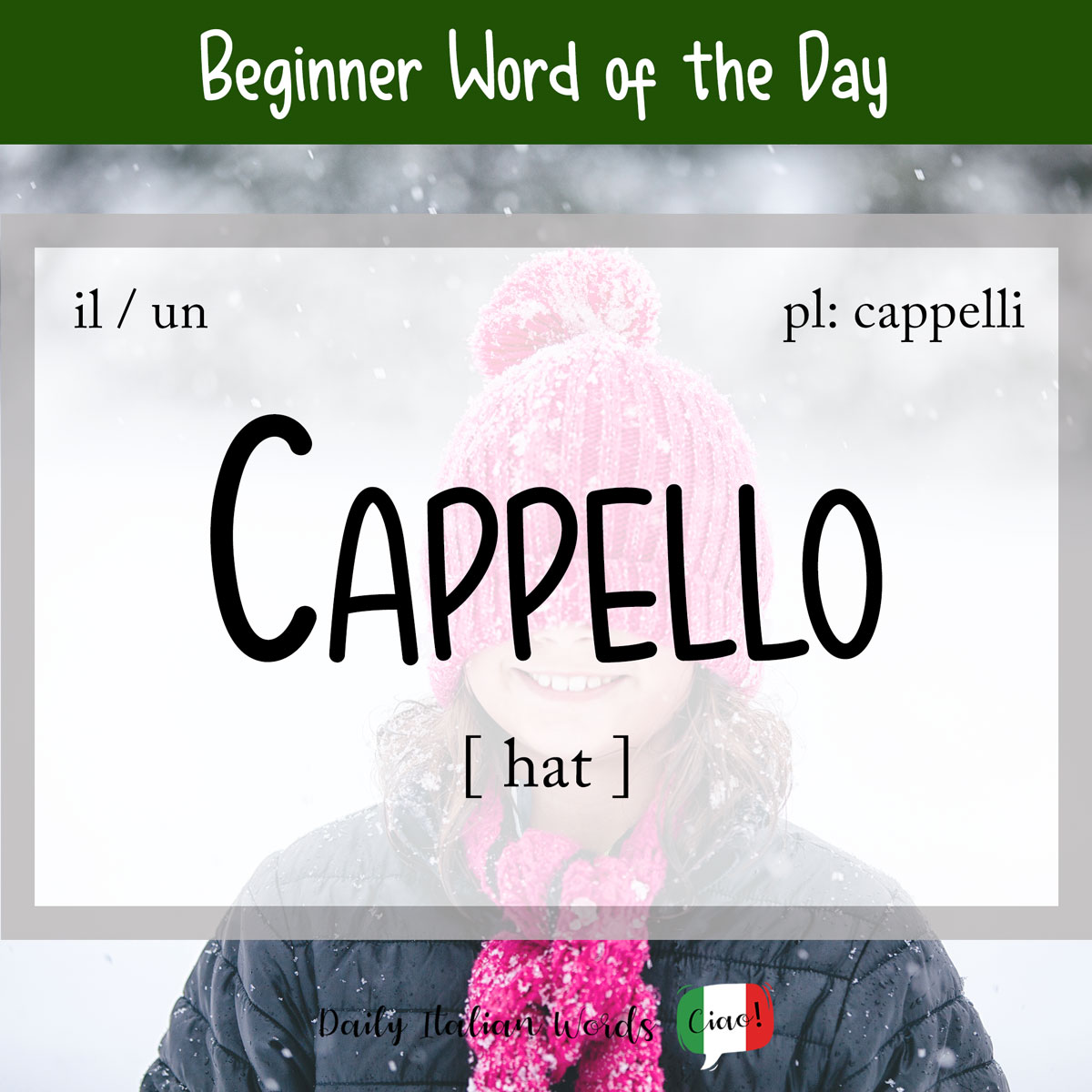Italian Word of the Day: Rimbalzare (to bounce)
Today, my husband and I discovered a brand-new technique to help our extremely fussy baby to sleep during the day: we hold him tightly in our arms while bouncing him on an exercise ball! The word for the intransitive verb to bounce in Italian is rimbalzare. It is formed from the prefix rin- (which is …

